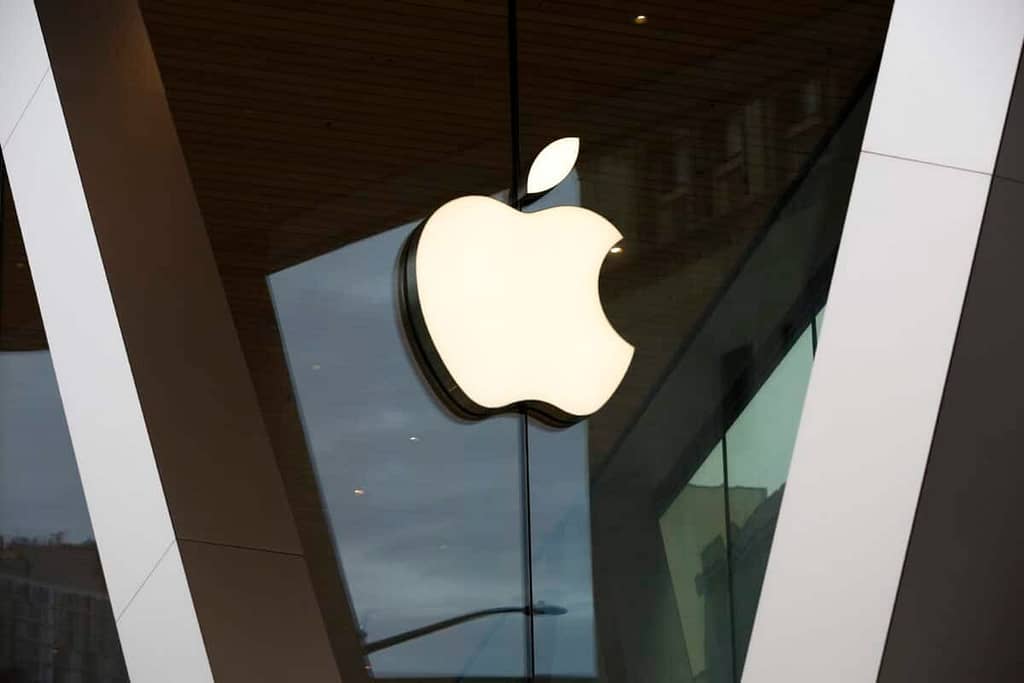News
Apple Moves Closer to Lifting iPhone Sales Ban in Indonesia with New Certification

Published
3 months agoon
By
M N Ridwan
Apple is a step closer to seeing the end of its sales ban in Indonesia, following the approval of local content certification for over a dozen of its products.
This move by the Indonesian government brings the tech giant closer to resuming sales of its iPhone models, including the upcoming iPhone 16, in Southeast Asia’s largest economy.
The Indonesian Ministry of Industry confirmed the development on Friday, announcing that it had issued local content requirement certificates for 20 Apple products.
While the specific models certified were not disclosed, reports suggest that the iPhone 16 is among those included.
This marks a significant breakthrough after months of negotiations between Apple and Indonesian officials regarding local manufacturing regulations.
In order to sell its products in Indonesia, Apple had previously struggled to meet the government’s requirement that phones be assembled with at least 40 percent of components sourced locally.
However, a recent deal between the two parties saw Apple agree to invest in the country, helping to bridge the gap and meet regulatory demands.
“We have issued local content requirement certificates for 20 Apple products,” said Industry Ministry spokesperson Febri Hendri Antoni Arief.
The approval is part of a broader strategy by the Indonesian government to boost domestic manufacturing and create local job opportunities.

While the certification marks progress, Apple must still navigate additional approvals from various ministries before its devices can officially go on sale in Indonesia.
This includes certifications related to manufacturing facilities that Apple plans to build in the country.
Last month, Apple agreed to invest $150 million in constructing two new production plants, one in Bandung for accessories and another in Batam for AirTags.
The company also plans to establish a semiconductor research and development center in Indonesia, which is expected to be the first of its kind in Asia.
This progress follows a series of setbacks for Apple in Indonesia, including a rejected $100 million investment proposal in November 2024, which was deemed insufficient by the government.
Despite the sales ban, the Indonesian government allowed Apple products to be imported as long as they were not sold commercially.
Indonesia’s move to lift the ban on Apple products is seen as a key development in strengthening ties between the tech giant and one of Southeast Asia’s largest and most lucrative markets.












